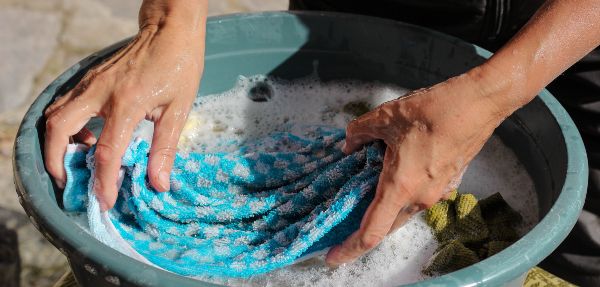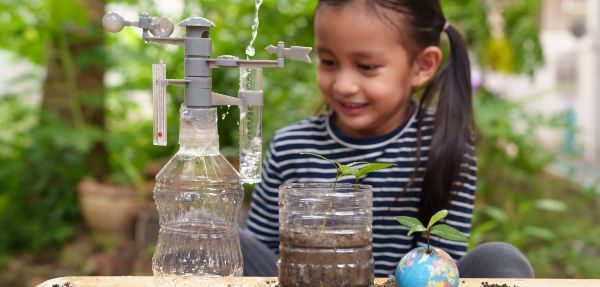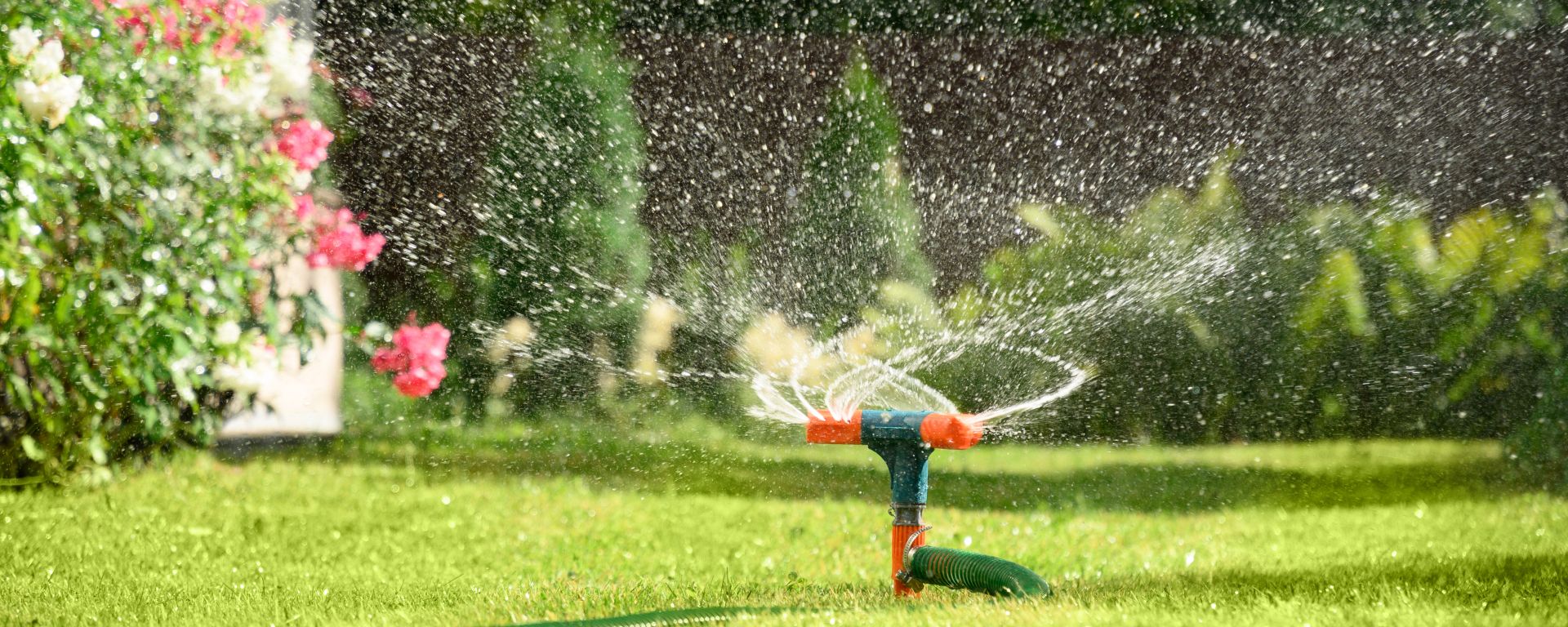While the world population continues to increase and droughts become more prominent in certain areas, water continues to climb in its status as a precious resource. As such, it’s essential that we not only do our best to avoid wasting water when using it, but also to recycle it. Water recycling may sound like an unfamiliar concept, but it has proven to be extremely effective for eco-friendly and pet-friendly cleaning. What we’re referring to more specifically, is greywater recycling.
This is a method of recycling that can be used on a semi-large scale for your home cleaning and gardening. Ready to learn more? In this article, we will explore the benefits of greywater recycling and how it can positively impact both your household and the environment, not to mention the cost-saving benefits too. You
Understanding Greywater Recycling

If you’re new to the idea of greywater recycling, we’ve provided a brief explanation below, including the various systems you could consider implementing.
1. What is Greywater?
Greywater refers to gently used water generated from activities like bathing, handwashing, laundry, and dishwashing. It does not include wastewater from toilets (known as blackwater) or fresh drinking water. Greywater typically contains fewer contaminants than blackwater and can be recycled for various purposes after minimal treatment.
2. Greywater Recycling Systems
Greywater recycling systems collect, filter, and store greywater for later use. Listed below are the different types of greywater recycling systems available:
- Gravity-fed systems
- Branched drain systems
- Pumped systems
Benefits of Greywater Recycling

You can look forward to several benefits when implementing a greywater recycling system in your home or office space. Let’s look at these below.
1. Water Conservation
One of the primary benefits of greywater recycling is water conservation. By reusing greywater for non-potable purposes like irrigation and cleaning, you can significantly reduce your freshwater consumption. This helps to reduce the strain on local water supplies and ensures more sustainable use of this precious resource.
2. Cost Savings
Implementing a greywater recycling system can lead to substantial cost savings. By reducing your reliance on freshwater for activities such as garden irrigation and household cleaning, you can lower your water bills over time. Additionally, as water prices continue to rise in many areas, greywater recycling becomes an easy cost-saving option for homeowners.
3. Reduced Strain on Sewer Systems
Greywater recycling also benefits municipal sewer systems. By diverting greywater away from the sewer system, the load on wastewater treatment plants is reduced. This helps to prevent excessive flow and potential overflow issues, especially during heavy summer rainfalls or times of water scarcity.
4. Environmental Impact
Greywater recycling has a positive environmental impact. By reusing greywater for cleaning and gardening, you can minimise the need for cleaning products full of chemicals and synthetic fertilisers. This reduces the release of harmful substances into the environment, resulting in boosted ecosystems and minimising water pollution.
Greywater Recycling for Home Cleaning

Ready to get your greywater recycling journey started? Here are the various ways you can use greywater for home cleaning.
1. Greywater-Compatible Cleaning Products
When utilising greywater for home cleaning, it’s important to implement green cleaning practices by using environmentally friendly cleaning products or DIY natural solutions. Look for biodegradable and non-toxic options that are safe for plants and soil. Avoid using products containing harsh chemicals, bleach, or antibacterial agents, as they can negatively impact the environment and your greywater recycling system.
2. Greywater Plumbing Considerations
Proper plumbing connections are crucial for greywater recycling. Ensure that your greywater system isn’t connected to your blackwater and freshwater systems to prevent cross-contamination. Consult with a professional plumber to ensure compliance with local regulations and to design a system that meets your specific needs.
3. Greywater Use in Cleaning Tasks
Greywater can be used effectively for a range of cleaning tasks. Use it to clean your floors, wipe surfaces, and clean outdoor areas like patios or driveways. Remember to use appropriate cleaning techniques and products compatible with greywater to maintain hygiene and protect your plants and soil.
Greywater Recycling for Gardening

Once you’ve taken care of your indoor cleaning needs, you can also step outside and use greywater for your gardening. Let’s look at the various considerations to keep in mind when doing this.
1. Greywater Irrigation Benefits
Greywater is an excellent source of irrigation for your garden. It contains nutrients that can benefit plants and improve soil health. By using greywater for irrigation, you can reduce the need for freshwater and provide your plants with a sustainable and nutrient-rich water source.
2. Greywater-Safe Plants
Not all plants are suitable for greywater irrigation. Some plants are more tolerant of the elements that exist within greywater, such as soap residue. Only use greywater on plants that can thrive with recycled water, such as fruit trees, ornamental grasses, and drought-tolerant plants. If you’re unsure, head to your nearest nursery to consult gardening experts for recommendations.
3. Greywater Application Methods
There are several methods to apply greywater to your garden effectively. Let’s look at these below:
- Drip irrigation – delivers water directly to the plant’s root zone, keeping waste to a minimum.
- Subsurface irrigation – involves burying perforated pipes or hoses underground to distribute greywater.
- Mulching – a technique where greywater is applied directly to the soil surface and covered with organic mulch, preventing evaporation and promoting water absorption.
Safety and Considerations
Before you begin using greywater for your household or gardening chores, there are certain safety considerations to take note of. Let’s take a look at these below.
1. Greywater Treatment and Filtration
It’s important to properly treat and filter greywater to ensure the safety of plants, soil, and groundwater. Depending on your recycling system, you may need to incorporate filters, settling tanks, and disinfection methods to remove impurities and pathogens. Regular maintenance and monitoring of your greywater system are essential to ensure its effectiveness and prevent any potential health risks.
2. Greywater Recycling Regulations
Before implementing a greywater recycling system, familiarise yourself with local regulations and permits governing its use. Some areas have specific guidelines and restrictions concerning greywater recycling, including the type of water sources allowed and the methods of disposal. Compliance with these regulations is essential to ensure responsible and legal greywater recycling practices.
3. Health and Hygiene Precautions
While greywater can be safely used for non-potable purposes, it’s important to maintain good hygiene practices. Avoid contact with greywater, especially for personal hygiene purposes. Store and handle greywater appropriately to prevent the risk of contamination or exposure to pathogens. Additionally, keep greywater separate from sources where you get your drinking water to avoid any health-related issues.
Conclusion
By reusing greywater for cleaning and gardening, you can conserve water, save on costs, reduce strain on sewer systems, and minimise your environmental impact. These are all noteworthy benefits that will pay dividends in both the near and distant future.
If you’re looking to save just as much time as you do water costs, book a SweepSouth cleaning service for all your home chores. From daily discounts, fantastic rewards with every booking, and professional cleaning experts taking care of your home, there are more than enough reasons to partner with SA’s #1 home services brand.









